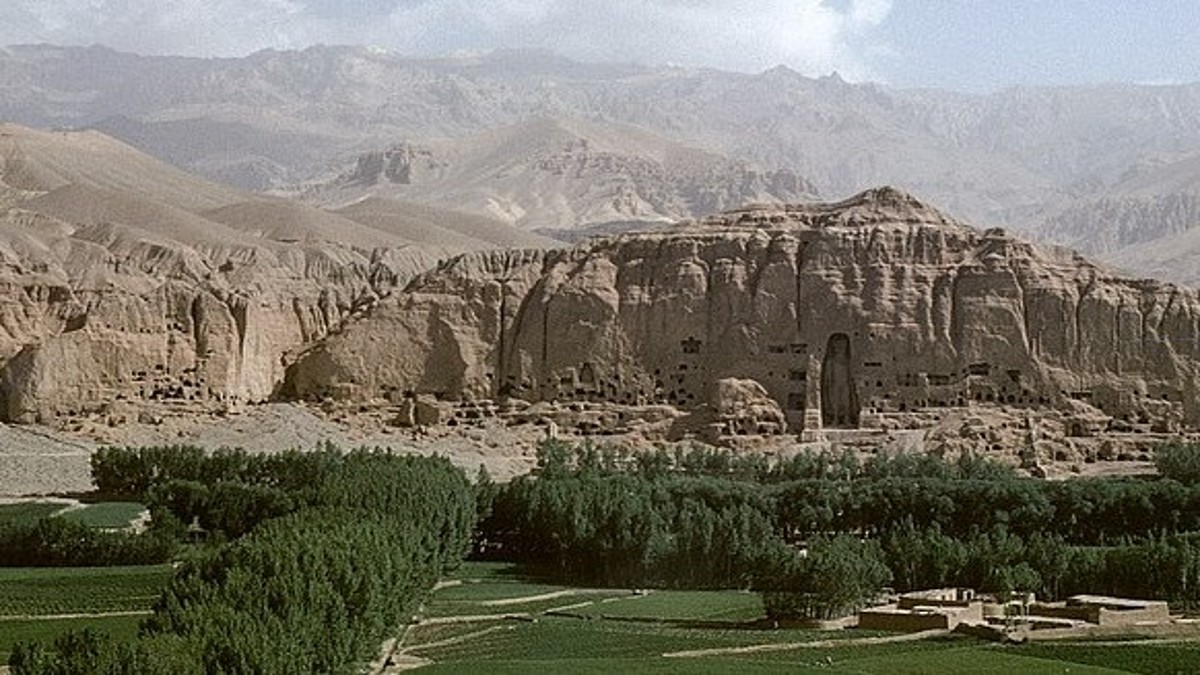Afghanistan is being ruled by the Taliban. They have been in power for over two years now, taking over after the US withdrew its forces in 2021. But the promise of a different Taliban—supposedly a softer, more social media-savvy version—seems to be untrue. They took control and then proceeded to oppress women and crush resistance.
All these went as per the expected lines, as was also the death of Afghan culture. During their first stint in power, back in 2001, the Taliban destroyed the Bamiyan Buddhas—the largest standing Buddha statues in the world.
Now, they are said to be ruining Afghan heritage again. The dry, sandy wasteland of Balkh, located in the north of the country at the crossroads of western and central Asia, was in the center of an ancient kingdom also known in the west as Bactria. It was a major stop along the silk route, which brought the region its riches. That was a long time ago, though. Today, it is in ruins, dotted with artifacts and monuments that remain of the region’s ancient culture. Afghans have been trying to protect these sites for years, but their heritage is at risk.
The sites are a hunting ground for looters, and the thieves have been growing bold. Bulldozing monuments to scour through the remains, a study is being conducted by the University of Chicago that says hundreds of Bactrian sites are being looted at a pace of one a week. This has been the trend for years.
Under the Taliban, at least 37 sites have been looted since it took over Afghanistan, and there seems to be no end in sight. The Taliban say they aren’t involved. But either the guards are ineffective or they are involved in the looting, and there are incentives for this as well.
Impact Shorts
More ShortsAfghanistan’s economy has tanked since the Taliban took over, people are looking for ways to make ends meet, and there is a lucrative black market for looted artifacts. Researchers believe anything that is found is smuggled out via Iran and Pakistan.
The artifacts then make their way to west or east Asia. Where they are sold to private collectors in illegal auctions or even make their way to museums. Artifact smuggling is common in war-torn countries, as local warlords do it to raise funds so as to buy weapons.
The Taliban did this before they took over. Some members may still be doing this for money. But there is another suspect as well: the Islamic State. The IS terror group is trying to expand in Afghanistan. It has regularly attacked the Taliban regime since 2021. Balkh is a province where the Islamic State is active.
Last year, IS even killed the region’s Taliban-appointed governor. So it could also be looting artifacts to fund their activities. Whatever the case, the bottom line is that Afghan heritage is being looted. It is being smuggled out of the country and sold to rich nations, depriving Afghans of their history and culture.
Views expressed in the above piece are personal and solely those of the author. They do not necessarily reflect Firstpost’s views.


)

)
)
)
)
)
)
)
)



